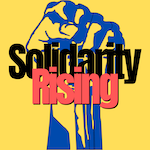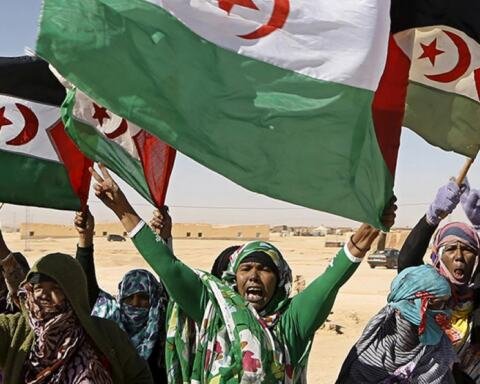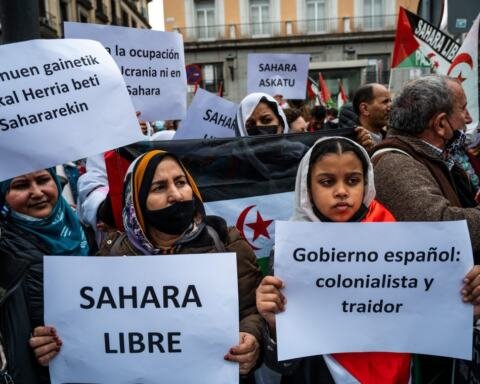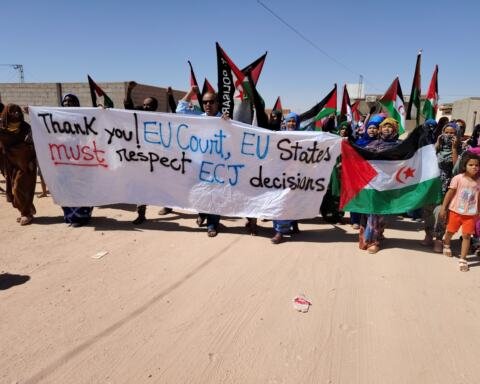The Right to Resistance and the Western Sahara: A Twail Analysis of the International Legal Order and Its Constraints on Decolonization
The article argues that international law, particularly as shaped by the United Nations and Western powers, reinforces colonial power structures in the Western Sahara. Using a Third World Approaches to International Law (TWAIL) framework, the article examines how legal doctrines like the prohibition on the use of force and the principle of self-determination have constrained the Sahrawi people’s ability to resist Moroccan occupation and achieve independence.
The piece traces the history of Western Sahara from its precolonial tribal governance through Spanish colonization and the emergence of the Polisario Front. It highlights how the UN’s legal and political interventions have displaced indigenous systems while failing to enforce meaningful decolonization, such as the long-promised but unrealized referendum.
Wrapp concludes that the international legal order, far from being neutral, functions as a tool of modern imperialism, limiting resistance and maintaining the colonial status quo in Western Sahara.
Full article
The Right to Resistance and the Western SaharaSource: Duke Law
Support our work
Support our work
Support our work with a one-off or monthly donation
AuthorChristina WrappYear2024Pages39LanguageEnglish
Share via
Related resources
The Western Sahara Dispute: A Cautionary Tale for Peacebuilders
The UN and MINURSO have succeeded neither inconducting a referendum nor in…
Western Sahara as a Hybrid of a Parastate and a State-in-Exile: (Extra)territoriality and the Small Print of Sovereignty in a Context of Frozen Conflict
Within the liminal universe of parastates, what makes Western Sahara/SADR…
The Front Polisario Verdict and the Gap Between the EU’s Trade Treatment of Western Sahara and Its Treatment of the Occupied Palestinian Territories
Morocco’s control over Western Sahara and Israel’s control of the West Bank…



